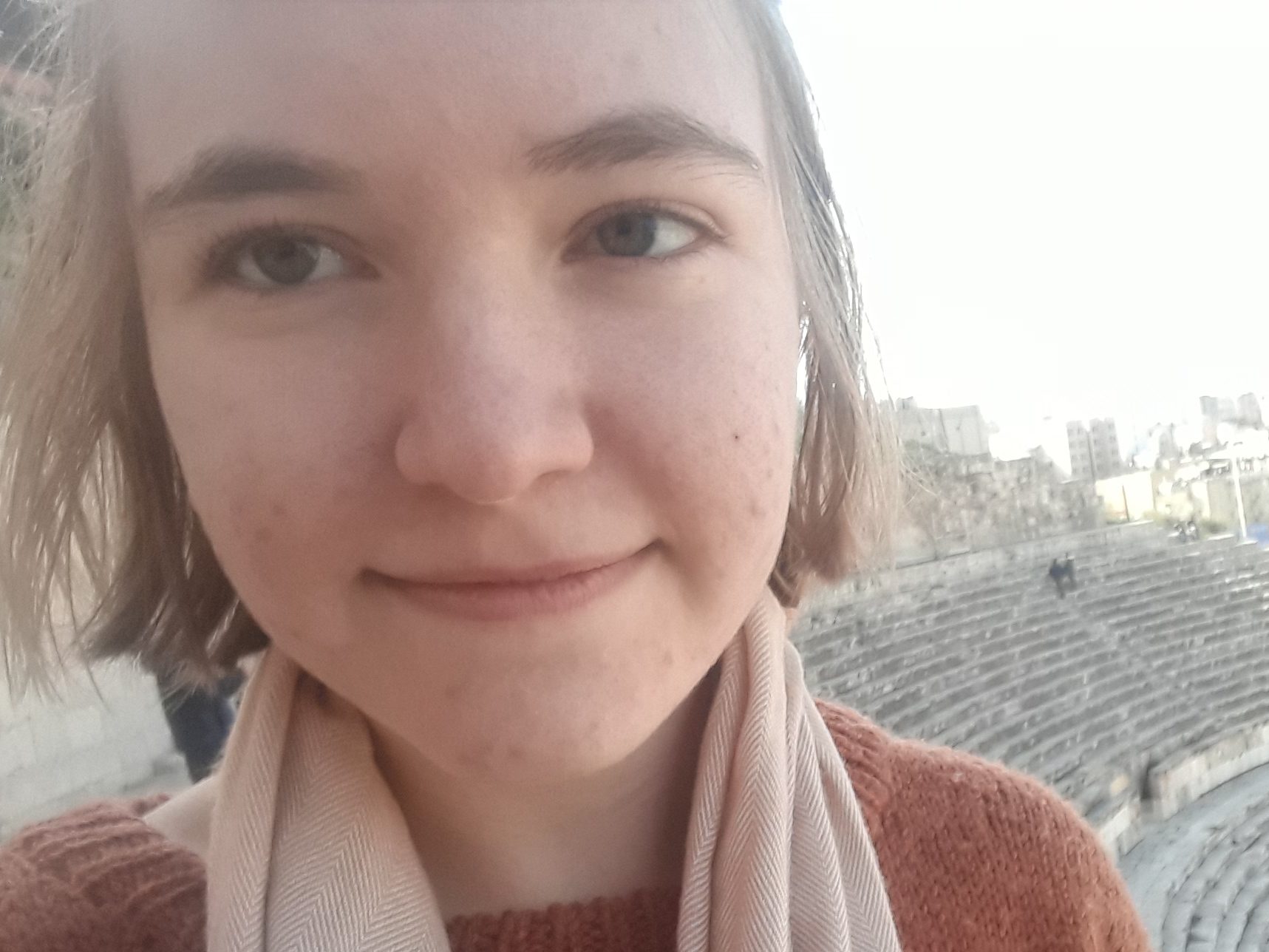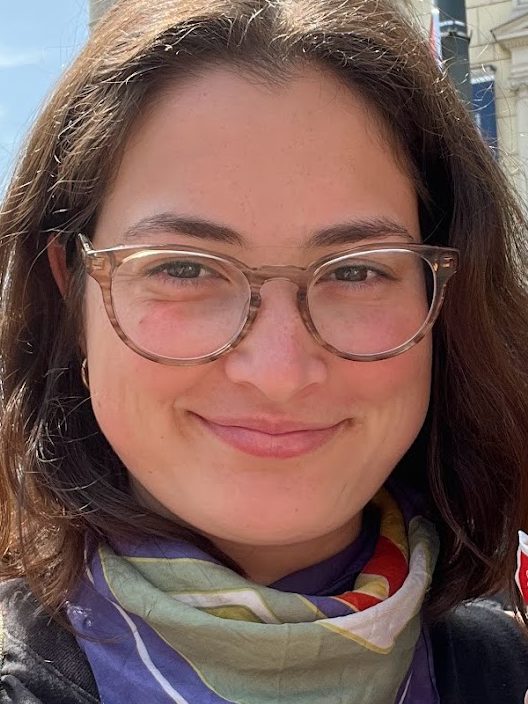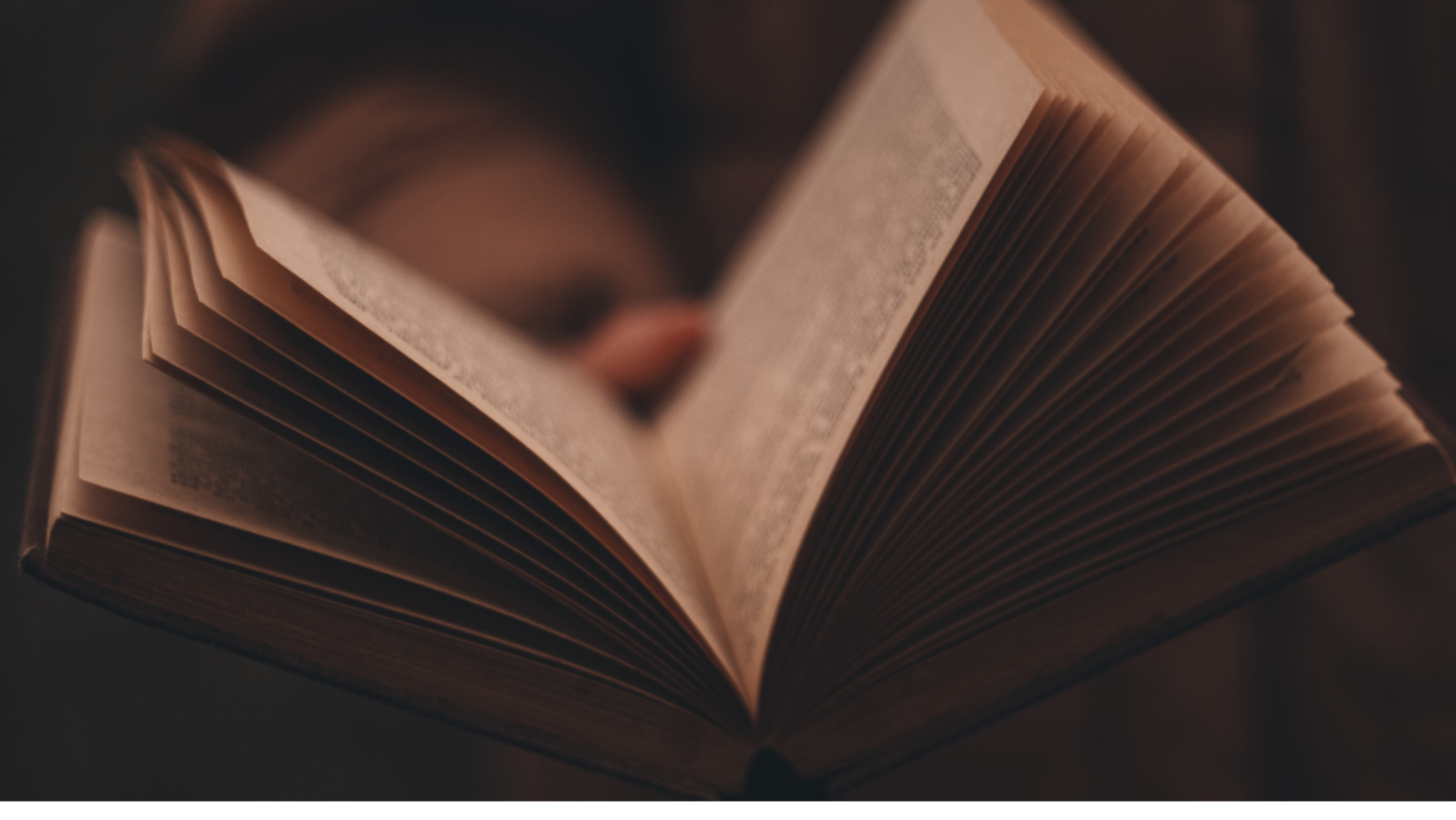Congratulations to this year’s winners of the Hope College Academy of American Poets (AAP) Prize! First place was awarded to AnnaLeah Lacoss, and honorable mention to Elli DiLeonardi. Thank you to all who shared their creative work with us!
About the Prize
The Hope College Academy of American Poets (AAP) Prize award is funded by the University and College Poetry Prize program of the AAP. The academy began the program in 1955 at 10 schools, and now sponsors nearly 200 annual prizes for poetry at colleges and universities nationwide. Poets honored through the program have included Mark Doty, Louise Gluck, Joy Harjo, Robert Hass, Robert Pinsky, Sylvia Plath, Gjertrud Schnackenberg, and Charles Wright. The winning poet receives $100 from the Academy of American Poets.
This year the judge was Amorak Huey. Huey is a poet and professor, a writer and sometime journalist, a decent dad and a mediocre slow-pitch softball player, an occasional essayist and co-founder of a small poetry press. He pronounces his first name uh-MOR-ack. He is author of four poetry collections, most recently Dad Jokes from Late in the Patriarchy. He is also co-author, with W. Todd Kaneko, of the textbook Poetry: A Writer’s Guide and Anthology.
He was born in Kalamazoo, Michigan, and grew up in a small town outside Birmingham, Alabama. He is now a professor of English at Bowling Green State University. His poems appear in anthologies (such as The Best American Poetry 2012) and numerous print and online venues such as the Academy of American Poets’ Poem-A-Day series. He received a Fellowship in Creative Writing from the National Endowment for the Arts in 2017. In March 2022, Amorak and Han VanderHart co-founded River River Books, which published its first poetry books in June 2023. Huey commented on the success and accomplishment of the work submitted for this year’s prize, writing “Thanks so much for the opportunity to spend time with these poems…. I enjoyed them all.”
1st Prize Winner: AnnaLeah LaCoss

“(keeping out the coyotes)”
The billboard said “create defensible space” and so I
vowed to never rent (a storage unit) but the other night
through a window I saw my friends lying on the road in
the rain convulsed with laughter the asphalt steaming the
pines nodding the turkeys (destined for death) concerned and
clucking and the turkey pen (a quote unquote defensible
space) keeping out the coyotes and the road keeping
the cars in their assigned (defensible) lanes like
parentheses keeping words unsullied and irrelevant and
I sat inside watching through the window
because I defend myself against the rain and roads and
friendship and I laugh at people but never with them and this (poem) is
a defensible space this (poem) is a window one side of which is dry one
side of which touches the same air that touches a rainbow.
Amorak Huey wrote: “This poem is a tender meditation on friendship and boundaries: what do we keep out, what do we let in, how do we keep ourselves from harm while simultaneously existing in and engaging with the world? The landscape of this poem is at once familiar and surreal, drawing strange connections: turkey pen to highway lanes to parentheses — and it is precisely this strangeness that lifted this poem about the rest of the terrific poems in the packet of finalists. This poet knows the value of using language in surprising ways, of refusing to play it safe with syntax or sentence structure. What a pleasure it was to read.”
Honorable Mention: Ellie DiLeonardi

“Prayerful Elegy”
Dear God,
Can you put me
on with Gill,
please? Thank
you.
Gillian,
Time is friction
and my legs are
parted, red-sea style.
Remember the mid-
night at summer
camp, you lit up
an apple, a pipe
bomb, and fooled Silas
behind the barn?
The girls whispered
about sex, real hushed
in the tent over, but
I swear I heard it.
The rumor—not
your barn sex,
I didn’t hear you
having barn sex,
though it makes you
credible as a mantis.
I’m seconds away
from faking
an orgasm.
You can laugh
your tinkling yellow-
leaf-prancing-
from-a-hickory-tree
laugh, smile that golden
dimpled-like-an-apple-
bong smile,
but please,
Gillian
I need you
to send me an orgasm.
You never faked
a thing in sixteen years.
Except, of course,
your happiness,
but that’s
neither
here
nor
there.
Dear God,
Oh God,
Oh yeah,
Oh,
yeah.
Amen.
Amorak Huey wrote: What a powerful elegy. This is a poem of mourning that does not reduce grief to a simple abstraction, a poem that is unabashed in its subject matter and unafraid to grieve openly. This poet moves between sex and death in its series of short, almost relentless lines that pull the reader’s eye down the page even as we’d like to linger in the more salacious moments — but then, that’s the point: we always wish we had more time for the good parts. Terrific poem.



